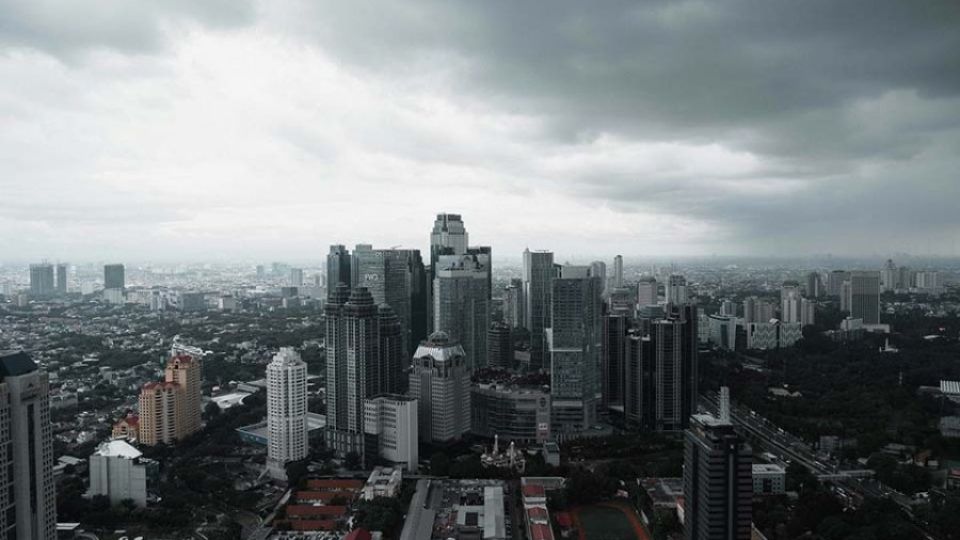September 26, 2024
JAKARTA – Amid speculation that Indonesia is becoming an inward-looking country, a recent report found that the country has been growing its international power and influence at a greater rate than any other nation through its strong diplomatic performance.
Considered a “net overachiever” in Asia, Indonesia has been able to exert more influence in the region than initially expected given its available resources, with its international cultural power seeing the highest gains among others in 2024.
The annual Asia Power Index report, published on Sunday by Sydney-based think tank the Lowy Institute, ranked 27 countries using 131 indicators across eight measures, including military capability, cultural influence, resilience, economic capability and defense networks.
The 2024 edition, which for the first time included Timor-Leste, ranked the United States and China as the most powerful countries in the region. Both countries experienced an upward trend of growth with Washington at 81.7, ahead of Beijing at 72.7.
India, at 39.1, took the third place in the “middle power” category, followed by Japan at 38.9 and Australia at 31.9.
Indonesia ranked ninth with a score of 22.3, a 2.3-point increase from the 2023 index. The country has been noted as having “the highest growth in comprehensive power since 2018”.
While the think tank could not point out a single factor for Indonesia’s growth, an aspect that contributes to such progress may be its diplomatic influence, the Lowy Institute’s Southeast Asia program director Susannah Patton said.
“I think it does challenge the assumption that Indonesia is not an outward-looking country,” said Patton, who is a lead author of the Asia Power Index report.
“We can see this through a few different areas, including its increased ability to attract foreign investment and active engagement with the world,” she continued.
Read also: Retno thanks lawmakers as tenure nears end
On active engagement with the international community, Patton referred to Indonesia’s participation and leadership at several multilateral forums.
Among the most notable was in 2022 when the country presided over the Group of Twenty (G20) and hosted a leader’s summit in Bali against the backdrop of a fractured geopolitical landscape following Russia’s invasion of Ukraine. Under Indonesia’s presidency, the Bali meeting produced a joint communique, in which most world leaders agreed to condemn the war.
Such multilateral leadership positions come at a time when Indonesia is focusing much of its diplomacy on improving economic growth, an emphasis that has apparently borne results with the Lowy Institute giving a six-point increase in the economic relationships category in the report.
In the study, the economic relationships category was measured through regional trade relations, regional investment ties and economic diplomacy.
“This is significant because these achievements were made under an administration led by President Jokowi, who is not particularly focused on foreign policy,” Patton said, referring to Joko “Jokowi” Widodo.
She added that the incoming administration, led by Defense Minister and president-elect Prabowo Subianto, will likely see a higher increase in the country’s diplomatic performance.
Read also: Top diplomat defends track record in last annual address
Despite the diplomatic progress, Indonesia’s military prowess remains largely lackluster, consistent with previous results. The 2024 index indicated a 0.5-point relative decrease in the category since 2018 despite an increase in the defense network aspect.
Conventional military capability was measured by the total number of active military personnel, weapons, defense spending, intelligence capabilities and strategic advantages in warfare. Meanwhile, for the defense network category, the researchers looked at a country’s regional alliance network, global defense partnerships and regional defense diplomacy.
Indonesia’s resilience, or capacity to deter real or potential threats to state stability, has been observed to have backslid by 5.3 points since 2018. But Patton explained that the same trend had been seen for all countries, given the volatility of the current geopolitical situation.
Most analysts consulted by the Lowy Institute, she continued, expressed optimism that Indonesia’s diplomatic prowess will only improve in the coming years, especially given the apparent interest in foreign policy displayed by Prabowo.
Read also: Incomplete envoy testing may hint at Prabowo’s foreign policy strategy
Since being declared presidential election winner in April, Prabowo has been traveling to meet and discuss with leaders of other countries, such as Japan, China, Russia and Australia.
Patton, however, advised Jakarta to remain conscious in keeping up the quality of their diplomatic engagements, as opposed to merely focusing on the quantity.
“The quality of Indonesia’s contributions is something we look forward to as well,” she said, “as the bigger country that is the traditional first among equals in ASEAN.”


